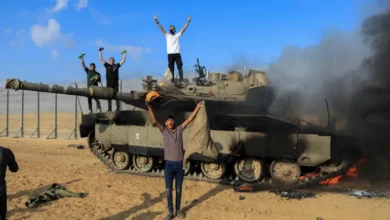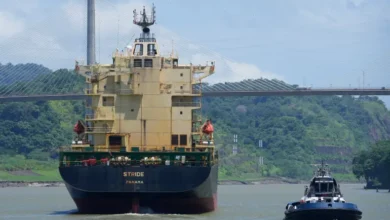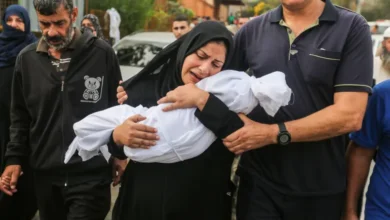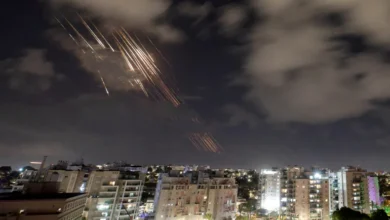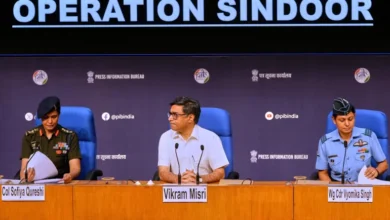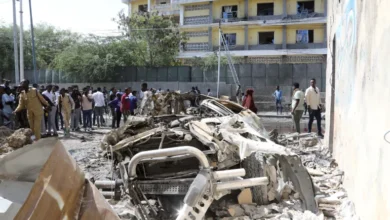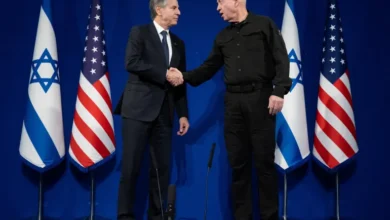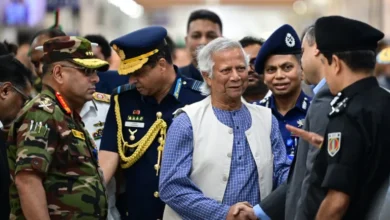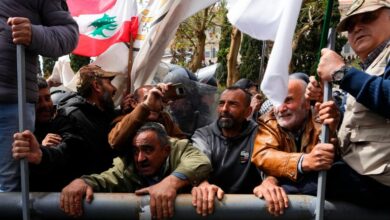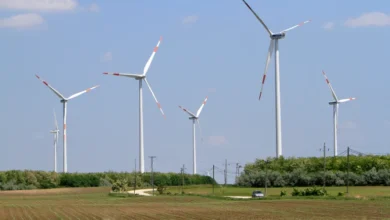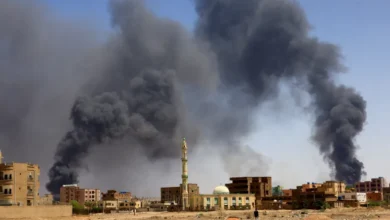I want justice for my brothers who Israel killed
Ru’a Rimawi
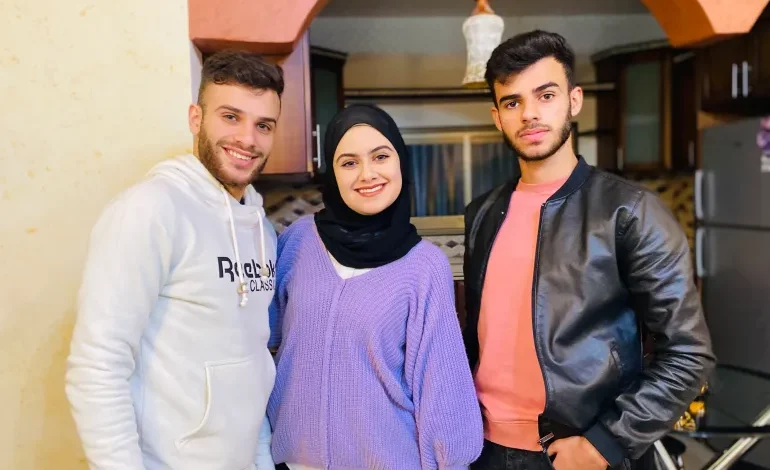
In the early hours of November 29, heavily armed Israeli soldiers raided yet again the village of Kafr Ein in the occupied West Bank, just a few kilometres from where we live, in Beit Rima village.
They started shooting tear gas, rubber bullets and live ammunition at the local people. My brothers Thafer and Jawad joined other youth in defending the community, throwing stones at the soldiers. This cost them their lives.
The Israeli soldiers first shot my little brother, Thafer. Then, when Jawad ran to help him, Israeli soldiers hit him with an explosive bullet, too.
At 5am, my mother woke me up screaming that Israeli soldiers had injured Jawad and Thafer, and that they had been taken to the hospital in the nearby town of Salfit. Jawad was rushed into surgery, with arteries and intestines destroyed. Thafer needed to be transferred to a different hospital in Ramallah where there was a thoracic surgeon able to operate on him.
My mother stayed with Jawad while I went in the ambulance with Thafer. My brother was bleeding to death in front of my eyes and while our priority was to keep him alive, everyone in the vehicle was fixated on finding a route without military checkpoints. If we were to encounter a checkpoint, we would be stopped by Israeli soldiers for questioning and risked my brother dying as we waited to be let through.
As we arrived at the hospital 20 minutes later, my mother called me to tell me that Jawad had been pronounced dead. Thafer was without a pulse and doctors performed CPR on his lifeless body, but despite their efforts, he tragically died, too.
I remember my mom telling me over the phone, “Jawad is gone. Jawad died. He is no longer alive. Please tell me that Thafer is okay. I can’t take losing them both,” she begged. That’s when it hit me that Thafer would never wake up, either. How could he? He never left Jawad’s side. We had lost them both. My brothers will never come home.
For the foreign media this was yet another episode of “clashes” in the West Bank, the victims being nameless, faceless Palestinians. But these clashes are in reality asymmetrical confrontations in which young men and children, with rocks and slingshots, face off with one of the strongest armies in the world. Many, like my brothers, pay with their lives.
Some outsiders ask why Palestinians throw stones when they know they may be killed for it. Instead, the question should be: What else would you do if you were born under a brutal occupation and suffered its violence all your life?
Israel’s military brutality makes up my earliest memories. I remember killings by Israeli soldiers, I remember our family fearing that our house would be bombed, I remember hearing gunshots and explosions at night, I remember walking past Israeli snipers positioned on rooftops or under the barrel of an Israeli soldier’s gun.
